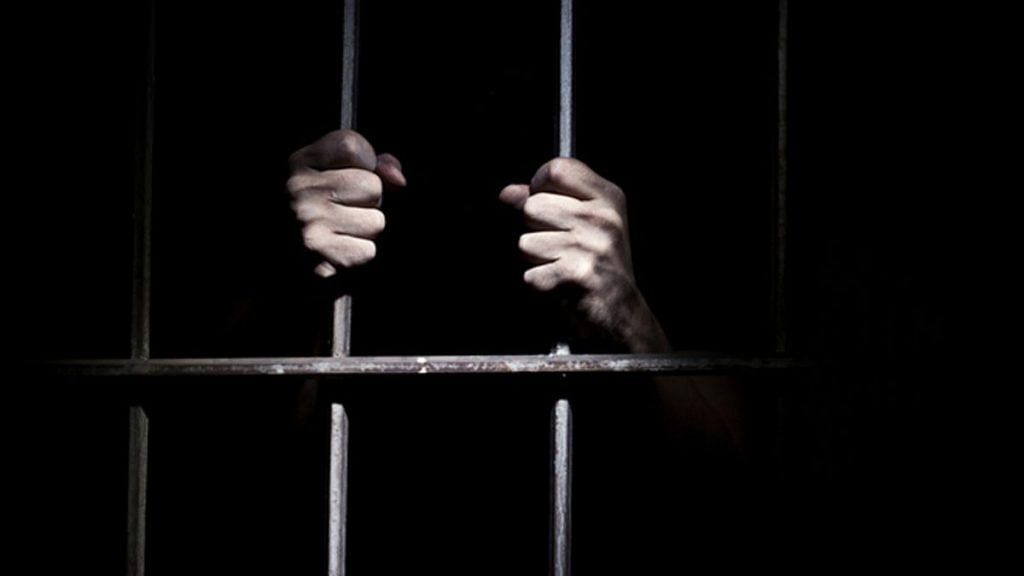The case of Assam’s Madhubala Mondal is not rare and adds into a series of cases of unlawful arrests and detention, which have caused individuals to spend several years in jail without being guilty in India.
Mondal was 59-years-old and wrongfully detained for three years in Assam as a result of “mistaken” identity by the police. It has again highlighted the need to bring accountability in our criminal justice system.
Recent judgments acknowledge that individuals have often been falsely framed and prosecuted for offences against the state, particularly those related to terror and national security.
Also read: Nothing prepared me for a detention camp, not even difficult Army postings: Sanaullah
Under the International Covenant on Civil and Political Rights (ICCPR), signatories are required to take steps to ensure the right to compensation for wrongful imprisonment and detention. While India had expressed reservations while ratifying the ICCPR that the Indian legal system does not recognise the right to compensation for victims of unlawful arrest and detention, the jurisprudence created by the Supreme Court of India has made this reservation redundant.
In a number of judgments, the Supreme Court has recognised granting of compensation as a necessary public law remedy for violations of fundamental rights, including wrongful incarceration and arrests. For instance, the Supreme Court, last year, provided a compensation of 50 lakhs to former ISRO scientist Nambi Narayanan, 24 years after he was illegally detained on the charge of leaking official secrets to a spy racket.
The fact that the payment of compensation was ordered 24 years after the wrongful arrest is a serious reminder of the need to correct wrongs caused by unlawful arrests in a timely manner and to preserve liberty. This calls for statutory recognition of the right to compensation in cases of wrongful arrests and imprisonment, which the victims of such accusations can avail without waiting for another several years of litigation before the courts.
Also read: How to kill a criminal justice system – rewarding prosecutors for death sentences
Unlawful arrests and detention not only cause loss of years, but can also create social stigma and ostracisation even after being released. This is evident from powerful narrative accounts by individuals who have been victims of false prosecutions. For instance, in her book Prisoner No. 100: An Account of My Nights and Days in an Indian Prison, political activist Anjum Zamarud Habib (from Kashmir) recounts her experiences of having spent five years in jail before being released by the Delhi High Court. Anjum writes in her book, “I am a free person today but the wounds and scars that jail has inflicted on me are not only difficult, but impossible to heal”. Framed As a Terrorist: My 14-Year Struggle to Prove My Innocence is another harrowing narrative of a young Indian Muslim man, Mohammad Aamir Khan, who was kidnapped by the police, falsely accused of being a terrorist, framed, and kept in jail for almost 14 years. Providing compensation to such victims of wrongful arrests, detention and prosecution is the least that the state could do as reparations for the wrong done.
Countries such as the United States, United Kingdom, Australia, Canada, Germany, etc. have enacted a statutory right to compensation, but it is limited to wrongful conviction by virtue of a final order, after all avenues of appeal have been exhausted and a new fact surfaces, which then proves conclusively that the convicted person was factually innocent. In its 277th report titled “Wrongful Prosecution (Miscarriage of Justice): Legal Remedies” (August 2018), the Law Commission of India has rightly pointed that the practices of Western countries would be inadequate to address the systemic shortcomings of the criminal justice system in India, where individuals have spent several years in imprisonment even prior to a conviction.
Also read: The fake ‘spy thriller’ that cost Nambi Narayanan his career, life savings and self-esteem
The Law Commission has suggested the standard of ‘wrongful prosecution’ be applied in India. This standard will be applicable to cases where the police or prosecution maliciously, falsely or negligently investigated or prosecuted a person who was found not guilty of the crime. While stating that India must fulfil its international commitments, the Commission recommended certain specific amendments in the Code of Criminal Procedure (CrPC), 1973 in order to incorporate the provisions for compensation. The Commission even presented a draft amendment bill for the CrPC. However, Parliament has not paid any heed to the observations and recommendations of the Law Commission to date.
Moreover, as a result of lack of financial resources and knowledge about Supreme Court judgments, many individuals may not even think of directly approaching the Supreme Court to seek compensation. A statutory right to compensation will provide a legal remedy to the citizens and will subsequently make the state officials, in particular, the police, institutionally liable.
The author is an LLM postgraduate from Harvard Law School.
